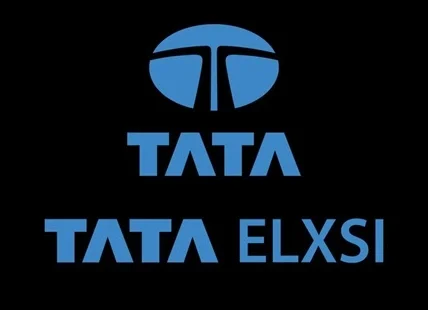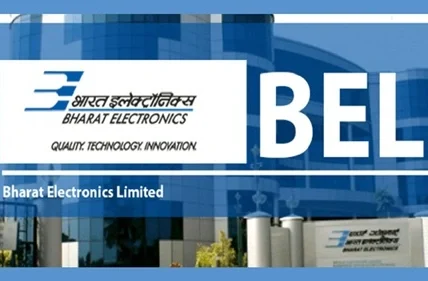According to a report by ASK Investment Managers, at 10.9%, the Indian stock market outperformed major markets like US and China over the past 10 years? What’s more? A Reuters poll also said that the market is expected to rise over 10% by the end of 2024. These impressive numbers are the reason stock market investments have become such an attraction for investors.
Step to Enter the Indian Stock Market
So, you have decided to enter the stock market but are wondering how you should go about it. To help you embark on this journey, let us see the complete process of how to enter the market.
Step 1: Account opening
To begin the process, you must choose the right stock trading platform and open a trading account. So, as the name suggests, a trading account is where the actual purchase and sale of securities happen. The stock trading platform or the broker will then open a Demat account for you. A Demat account is where your securities are held. Both the trading account and the Demat account are linked to the bank account.
Step 2: Documentation
One of the important aspects of account opening is to submit valid and acceptable documentation. A Know Your Customer (KYC) process is conducted by the stock trading platform or broker, wherein you must submit government-authorised documents. Most brokers and platforms do not conduct an online process that allows you to submit your documents digitally.
Also See: Simple Investment Strategies to Make Money in a Stock Market
Step 3: Research
Once your account opening is done, you can now trade online through the platform or offline through a phone call. However, it is crucial to research the market, the securities you wish to trade or invest in, the features of the platform, and various other factors before you begin your actual trading or investing journey.
Step 4: Invest based on our goals
The best way to invest in the Indian stock market is to have a long-term view and make goal-based investment decisions. When you have a specific financial goal in mind, you tend to invest in the right securities for the right time horizon. For example, if you are in your early 30s and wish to purchase a house by the age of 40, it makes it easier for you to plan your investments accordingly. Thus, a financial plan is a disciplined way to achieve your financial goals.
Also See: Pros and Cons of Using Leverage in Trading: A Closer Look
Step 5: Monitoring and Reviewing
Many investors feel that stock investments are a one-time process, and that is where the problem lies. Although having a long-term view of the stocks is recommended for wealth creation, monitoring and reviewing your portfolio can help you understand the performance of your investments and make necessary changes if needed.
Also Read: Australian Market Insights: ASX Stocks to Consider
Costs Involved that Every Beginner Must Know
As a beginner, you must be aware of a few common charges or costs that you may incur in investments.
- Transaction costs: In simple terms, transaction costs is the fee charged to you for every transaction you make. Transaction costs include the brokerage charged by your broker or stock trading platform to facilitate the transaction and taxes like GST or STT.
- Demat charges: Since your demat account is operated by depositories like NSDL or CDSL, you need to pay a nominal annual charge.
- Taxes: Capital gains tax comes into the picture once you sell the stock. If you sell a stock within one year of purchase, short-term capital gains @15% will be applied, whereas if you sell the stock after holding it for more than a year, long-term capital gains @10% will be applicable.
Conclusion
Stock market investment can be challenging but can reap fruits even for beginners. But, it is advisable to know your financial goals, learn about the market and choose the right stock trading platform to succeed.















